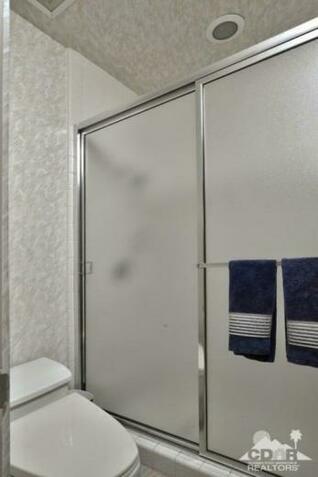
If true, recurse into subdirectories when evaluating file specifier arguments Local directory paths, expressed as a semicolon-delimited list enclosed in double quotes, that will be examined when attempting to locate PDBs.įile path used to write and output analysis using SARIF

SRV* or Cache*d:\symbols Srv* See for syntax information. Symbol paths, expressed as a semicolon-delimited list enclosed in double quotes. Valid values: PdbLoad, ScanTime, RuleScanTime, PeakWorkingSet, TargetsScanned, ResultsSummary. Using dotnet sdk: dotnet binskim.dll analyze /directoryPath/testBinary -o MyRun.sarifĬommand-Line Quick Guide Argument (short form, long form)Įxecution traces, expressed as a semicolon-delimited list enclosed in double quotes, that should be emitted to the console and log file (if appropriate).BinSkim analyze /someDirectory/testBinary -o MyRun.sarif Windows: binskim.exe analyze c:\bld\*.dll -recurse true -output MyRun.sarif.Navigate to this location to invoke the executable:.Executable files are now available in the OS specific folder within tools\netcoreapp3.1 (ie.via commandline: rename .y.z.nupkg .y.z.zip) If you only want to run the Binskim tool without installing anything, then you can How to extract the exe file from the nuget package Find out more about the Static Analysis Results Interchange Format ( SARIF) used to output Binskim results.Submit a Pull Request to the 'develop' branch - Need Help?.Run BuildAndTest.cmd at the root of the enlistment to ensure that all tests pass, release build succeeds, and NuGet packages are created.



 0 kommentar(er)
0 kommentar(er)
